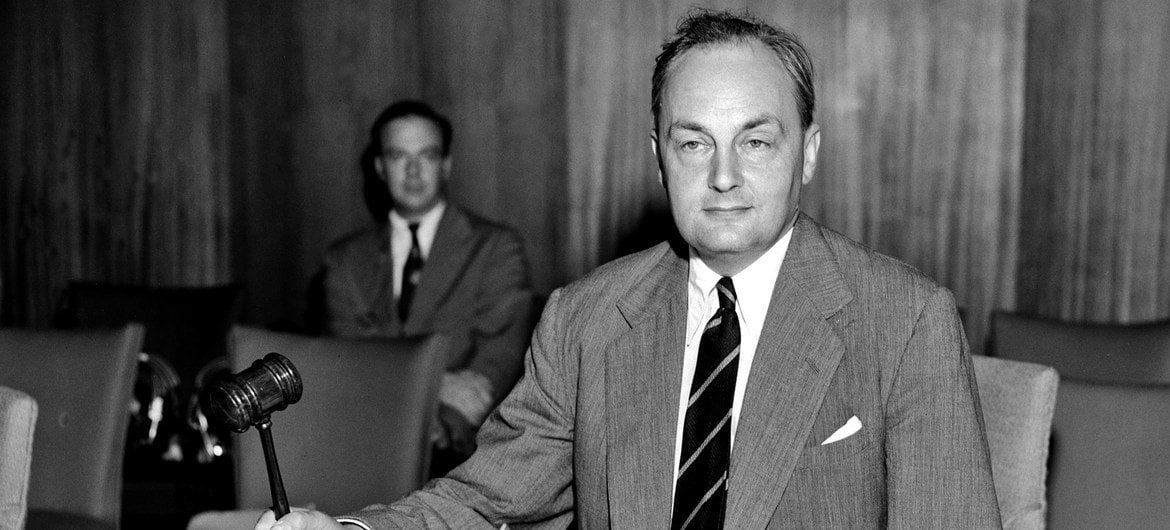Secretary-General of the United Nations
The secretary-general of the United Nations (UNSG, SG or SecGen) is the chief administrative officer of the United Nations and head of the United Nations Secretariat, one of the six principal organs of the United Nations.
The role of the secretary-general and of the secretariat is laid out by Chapter XV (Articles 97 to 101) of the United Nations Charter. However, the office's qualifications, selection process and tenure are open to interpretation; they have been established by custom.
January 1, 2017
António Guterres
Guterres is the first former head of government to become secretary-general, and the first secretary-general born after the establishment of the United Nations. He has also been president of the Socialist International (1999–2005) and United Nations High Commissioner for Refugees (2005–2015). His second term began on 1 January 2022.
António Manuel de Oliveira Guterres GCC GCL (born 30 April 1949) is a Portuguese politician and diplomat. A member of the Portuguese Socialist Party, Guterres served as prime minister of Portugal from 1995 to 2002.
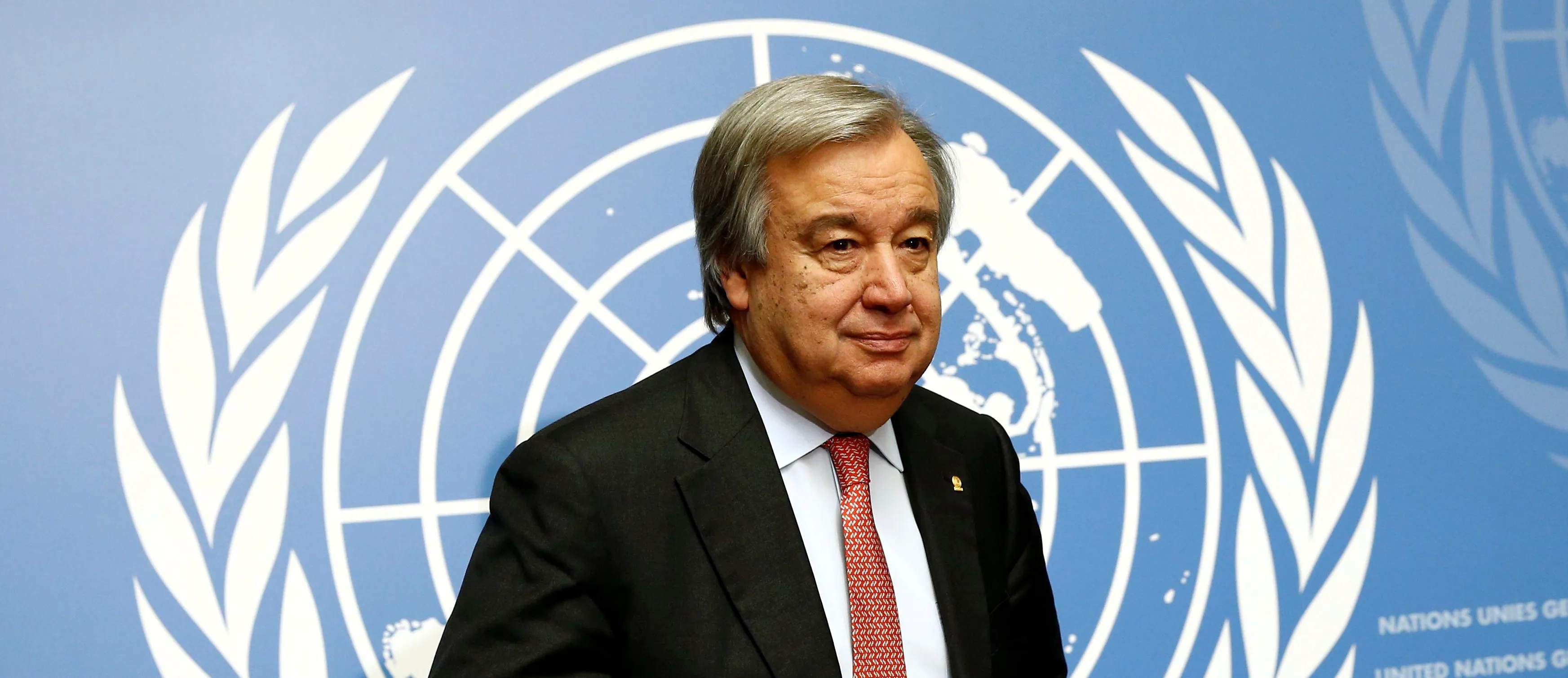
January 1, 2007 – December 31, 2016
Ban Ki-moon
Ban became the first East Asian to be selected as the secretary-general and the second Asian overall after U Thant. He was unanimously elected to a second term by the General Assembly on 21 June 2011. His second term began on 1 January 2012. Prior to his selection, he was the Foreign Minister of South Korea from January 2004 to November 2006.
Ban Ki-moon (born 13 June 1944) is a South Korean politician and diplomat. Prior to his appointment as secretary-general, Ban was the South Korean Minister of Foreign Affairs and Trade between January 2004 and November 2006.
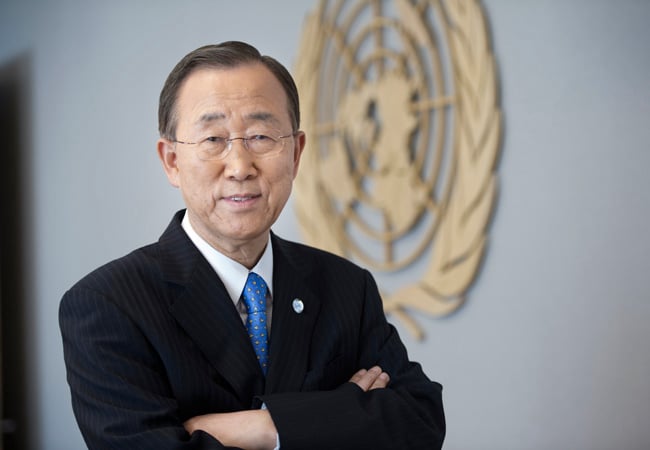
January 1, 1997 – December 31, 2006
Kofi Annan
On 13 December 1996, the Security Council recommended Annan. He was confirmed four days later by the vote of the General Assembly. He started his second term as secretary-general on 1 January 2002. Kofi Annan and the United Nations were the recipients of the 2001 Nobel Peace Prize.
Kofi Atta Annan (8 April 1938 – 18 August 2018) was a Ghanaian diplomat. He was the founder and chairman of the Kofi Annan Foundation, as well as chairman of The Elders, an international organisation founded by Nelson Mandela.
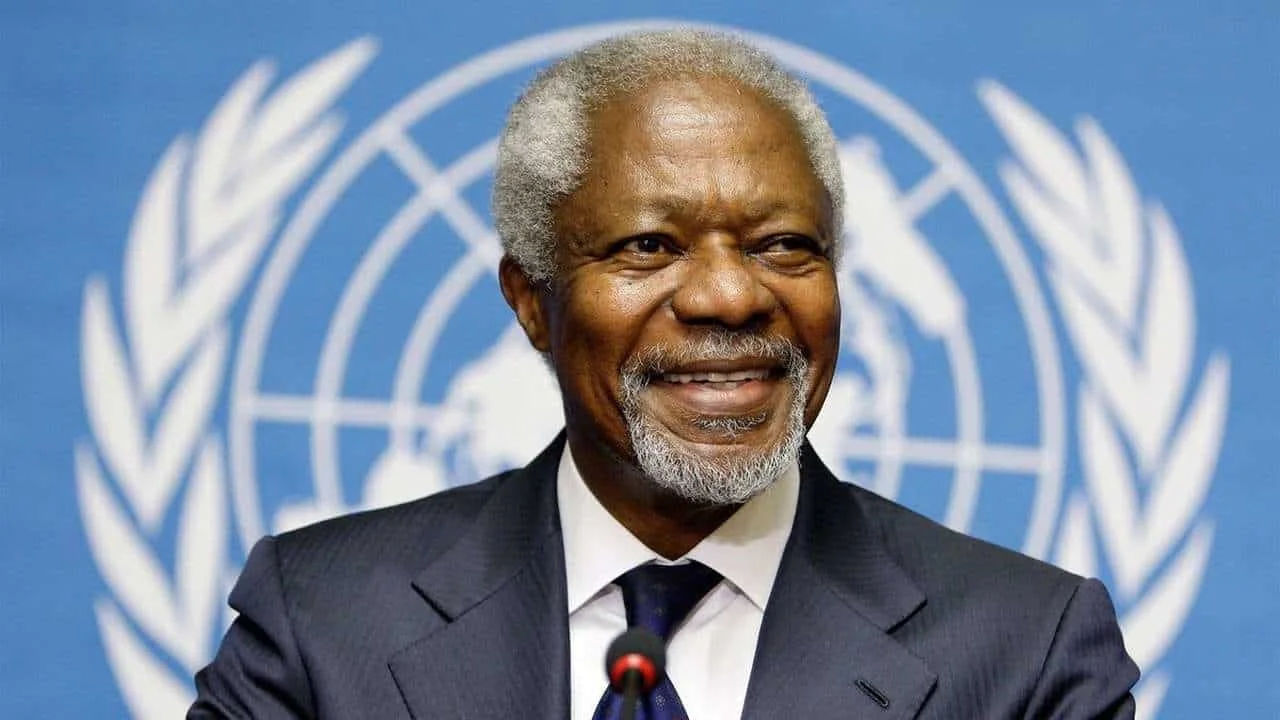
January 1, 1992 – December 31, 1996
Boutros Boutros-Ghali
The 102-member Non-Aligned Movement insisted that the next secretary-general come from Africa. With a majority in the General Assembly and the support of China, the "Non-Aligned Movement had the votes necessary to block any unfavorable candidate". The Security Council conducted five anonymous straw polls—a first for the council—and Boutros-Ghali emerged with 11 votes on the fifth round. In 1996, the United States vetoed the re-appointment of Boutros-Ghali, claiming he had failed in implementing necessary reforms to the UN.
Boutros Boutros-Ghali (14 November 1922 – 16 February 2016) was an Egyptian politician and diplomat. Prior to his appointment as secretary-general, Boutros-Ghali was the acting Minister of Foreign Affairs of Egypt between 1977 and 1979.
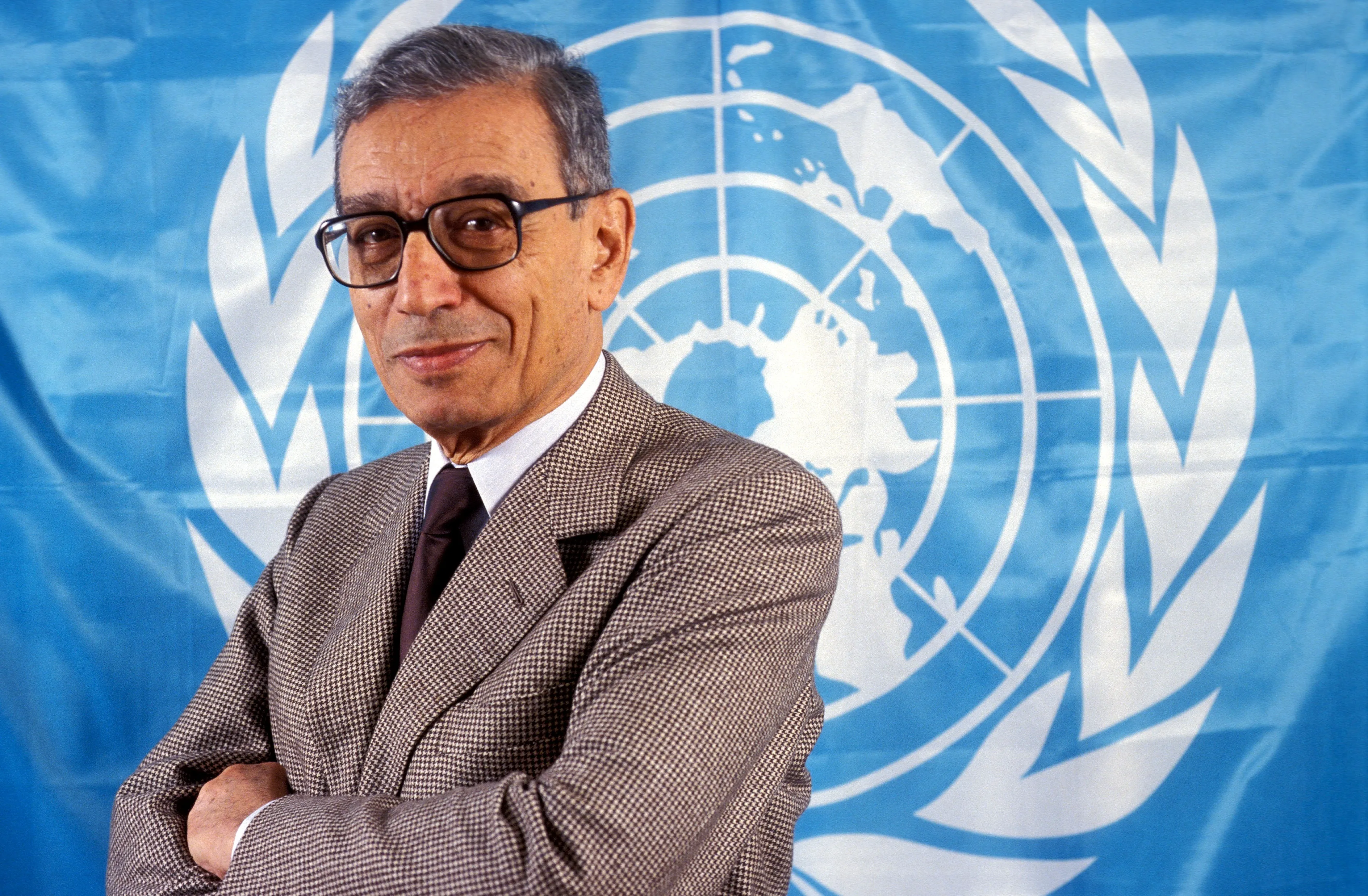
January 1, 1982 – December 31, 1991
Javier Pérez de Cuéllar
Pérez de Cuéllar was selected after a five-week deadlock between the re-election of Waldheim and China's candidate, Salim Ahmed Salim of Tanzania. Pérez de Cuéllar, a Peruvian diplomat who a decade earlier had served as President of the UN Security Council during his time as Peruvian ambassador to the UN, was a compromise candidate. He became the first and thus far only secretary-general from the Americas. He was re-elected unanimously in 1986.
Javier Felipe Ricardo Pérez de Cuéllar de la Guerra (19 January 1920 – 4 March 2020) was a Peruvian diplomat and politician. He later served as Prime Minister of Peru from 2000 to 2001.
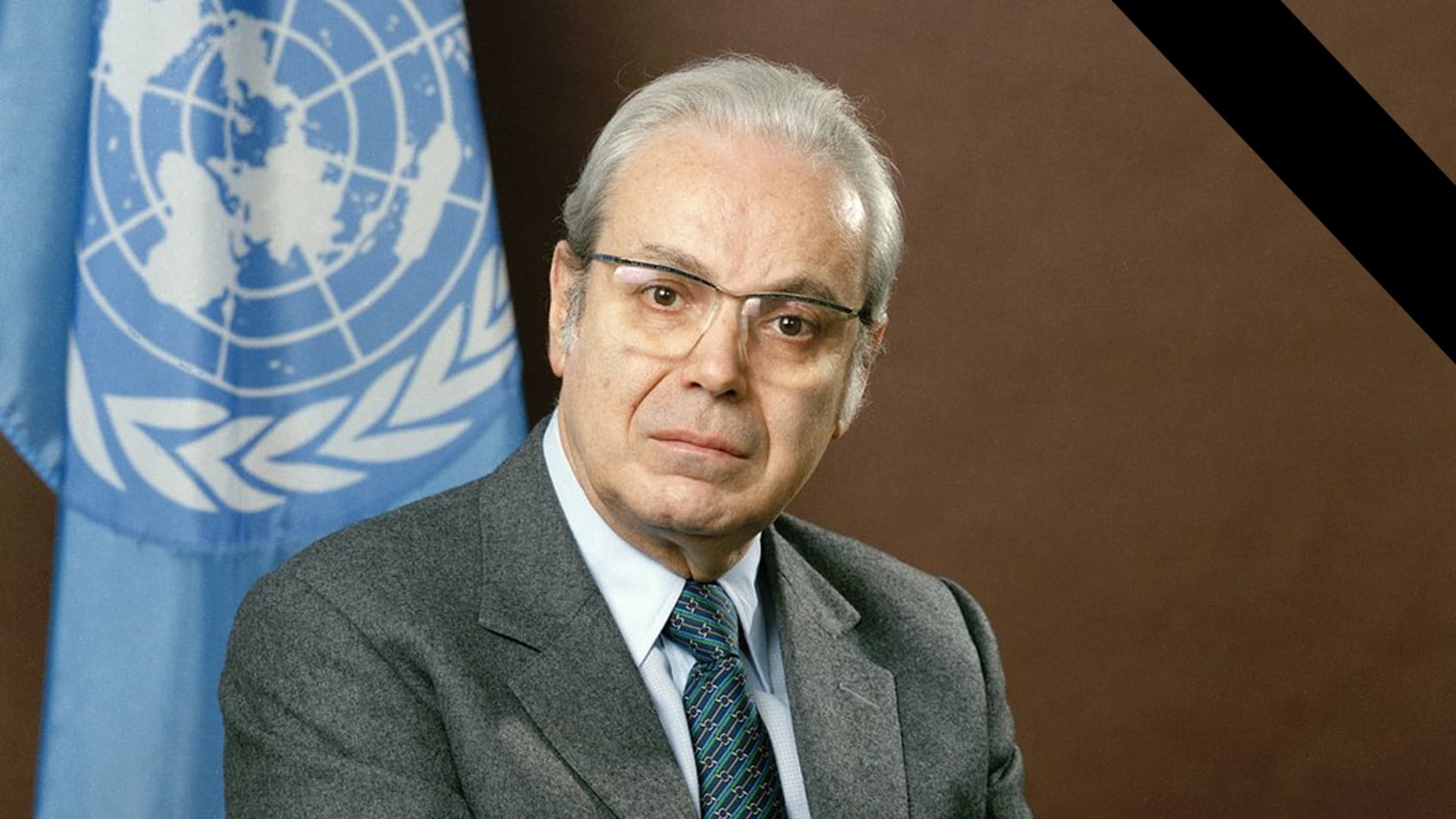
January 1, 1972 – December 31, 1981
Kurt Waldheim
Waldheim launched a discreet but effective campaign to become the secretary-general. Despite initial vetoes from China and the United Kingdom, in the third round, Waldheim was selected to become the new secretary-general. In 1976, China initially blocked Waldheim's re-election, but it relented on the second ballot. In 1981, Waldheim's re-election for a third term was blocked by China, which vetoed his selection through 15 rounds; although the official reasons by the Chinese government for the veto of Waldheim remain unclear, some estimates from the time believe it to be in part due to China's belief that a Third World country should give a nomination, particularly from the Americas; however, there also remained the question of his possible involvement in Nazi war crimes. From 1986 to 1992, Waldheim served as president of Austria, making him the first former secretary-general to rise to the position of head of state. In 1985, it was revealed that a post-World War II UN War Crimes Commission had labeled Waldheim as a suspected war criminal based on his involvement with the Wehrmacht. The files had been stored in the UN archive.
Kurt Josef Waldheim (21 December 1918 – 14 June 2007) was an Austrian politician and diplomat.
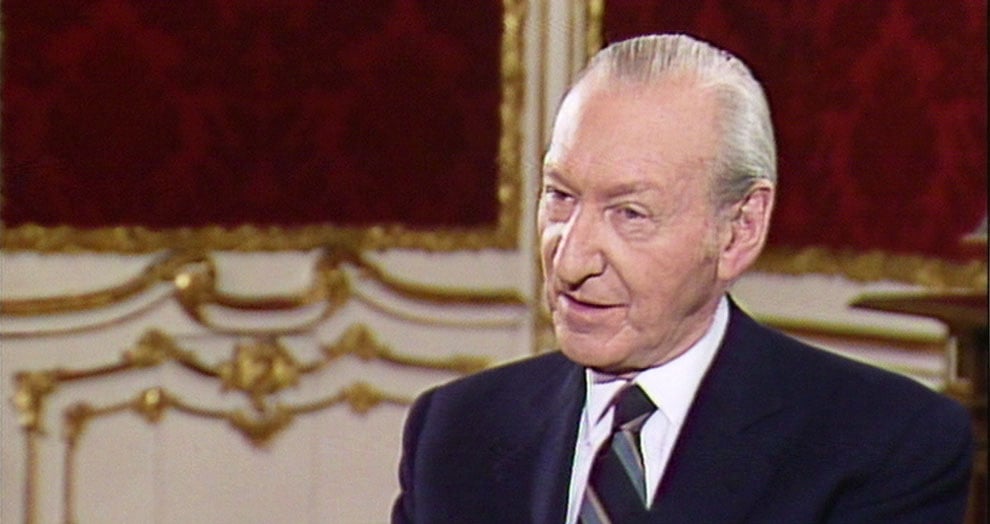
November 3, 1961 – December 31, 1971
U Thant
In the process of replacing Hammarskjöld, the developing world insisted on a non-European and non-American secretary-general. U Thant was nominated. However, due to opposition from the French (Thant had chaired a committee on Algerian independence) and the Arabs (Burma supported Israel), Thant was only appointed for the remainder of Hammarskjöld's term. He was the first Asian secretary-general. The following year, on 30 November, Thant was unanimously re-elected to a full term ending on 3 November 1966. At the General Assembly session on 2 December 1966, Thant was reappointed as secretary-general by a unanimous vote of the Security Council. His five-year term ended on 31 December 1971. Thant did not seek a third election. Thant is the only former secretary-general whose home country had not been in the Security Council in his term.
Thant (22 January 1909 – 25 November 1974), known honorifically as U Thant, was a Burmese diplomat
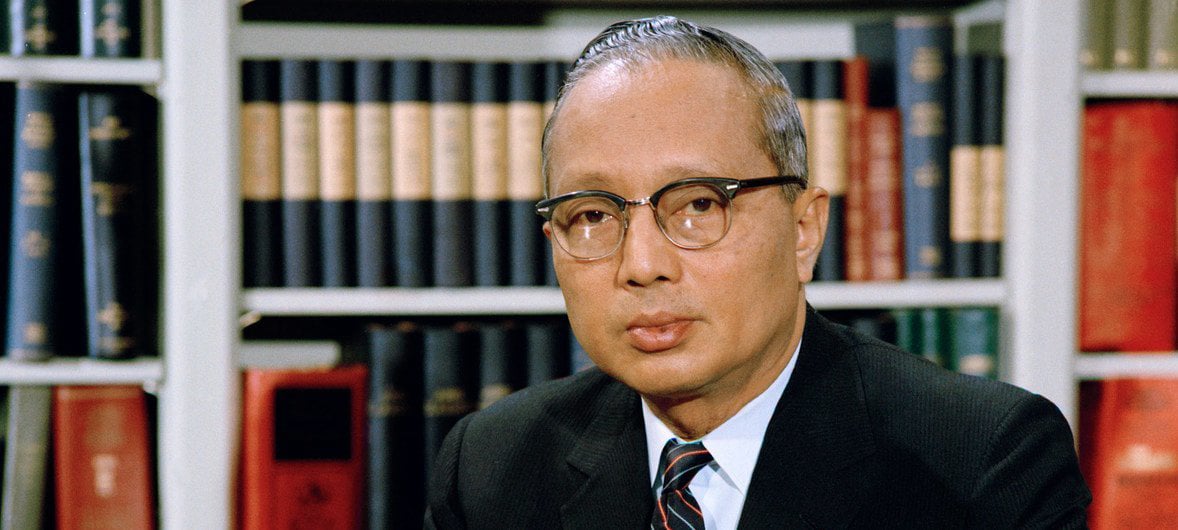
April 10, 1953 – September 18, 1961
Dag Hammarskjöld
After a series of candidates were vetoed, Hammarskjöld emerged as an option that was acceptable to the Security Council. He was re-elected unanimously to a second term in 1957. The Soviet Union was angered by Hammarskjöld's leadership of the UN during the Congo Crisis, and suggested that the position of secretary-general be replaced by a troika, or three-man executive. Facing great opposition from the Western nations, the Soviet Union gave up on its suggestion. Hammarskjöld died in a plane crash in Northern Rhodesia (now Zambia) in 1961. U.S. president John F. Kennedy called him "the greatest statesman of our century". Hammarskjöld was posthumously awarded the 1961 Nobel Peace Prize.
Dag Hjalmar Agne Carl Hammarskjöld (29 July 1905 – 18 September 1961) was a Swedish economist and diplomat.
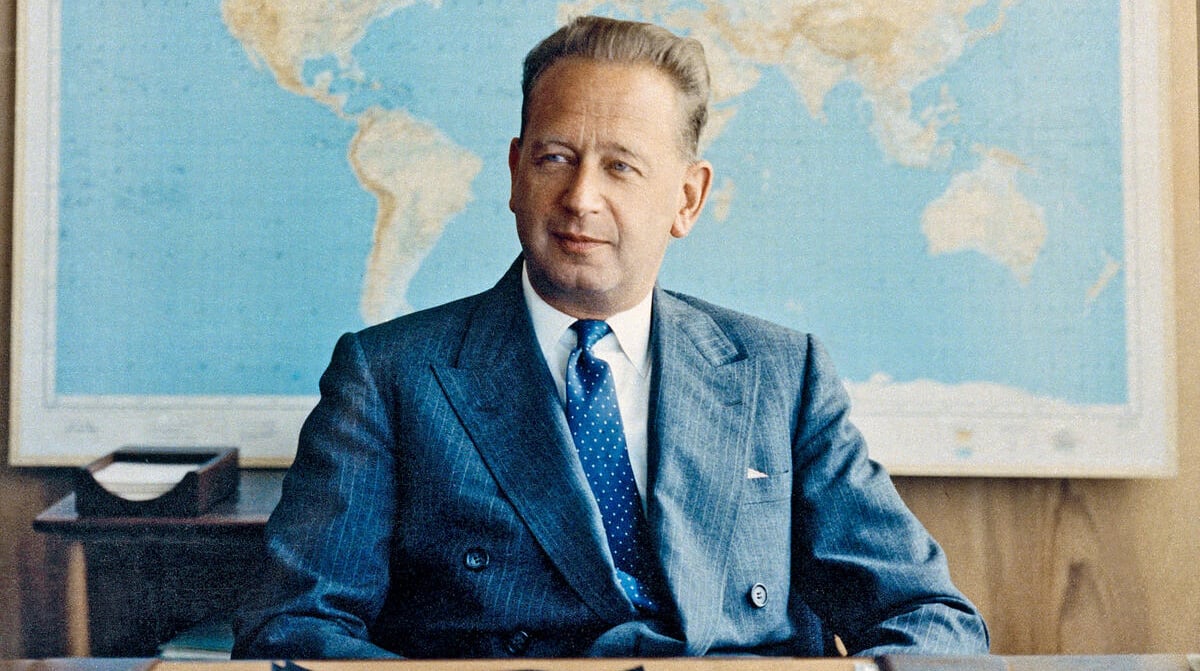
February 2, 1946 – November 2, 1952
Trygve Lie
Lie, a foreign minister and former labour leader, was recommended by the Soviet Union to fill the post. After the UN involvement in the Korean War, the Soviet Union vetoed Lie's reappointment in 1951. The United States circumvented the Soviet Union's veto and recommended reappointment directly to the General Assembly. Lie was reappointed by a vote of 46 to 5, with eight abstentions. The Soviet Union remained hostile to Lie, and he resigned in 1952.
Trygve Halvdan Lie (16 July 1896 – 30 December 1968) was a Norwegian politician, labour leader, government official and author. He served as Norwegian foreign minister during the critical years of the Norwegian government in exile in London from 1940 to 1945.
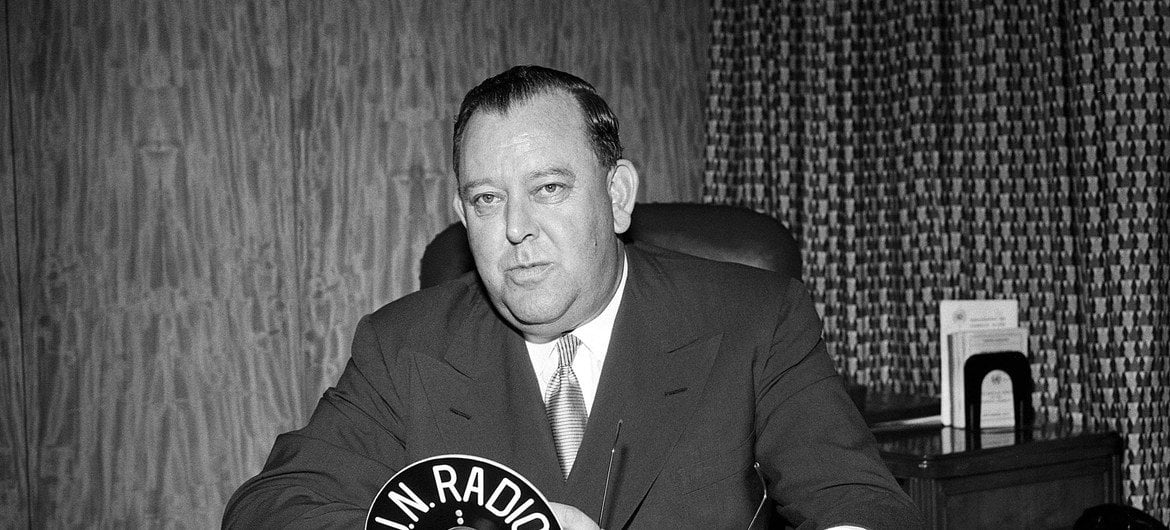
October 24, 1945 – February 2, 1946
Gladwyn Jebb
After World War II, he served as executive secretary of the Preparatory Commission of the United Nations in August 1945, being appointed Acting United Nations secretary-general from October 1945 to February 1946 until the appointment of the first secretary-general, Trygve Lie.
Hubert Miles Gladwyn Jebb, 1st Baron Gladwyn GCMG GCVO CB PC (25 April 1900 – 24 October 1996) was a prominent British civil servant, diplomat and politician.
